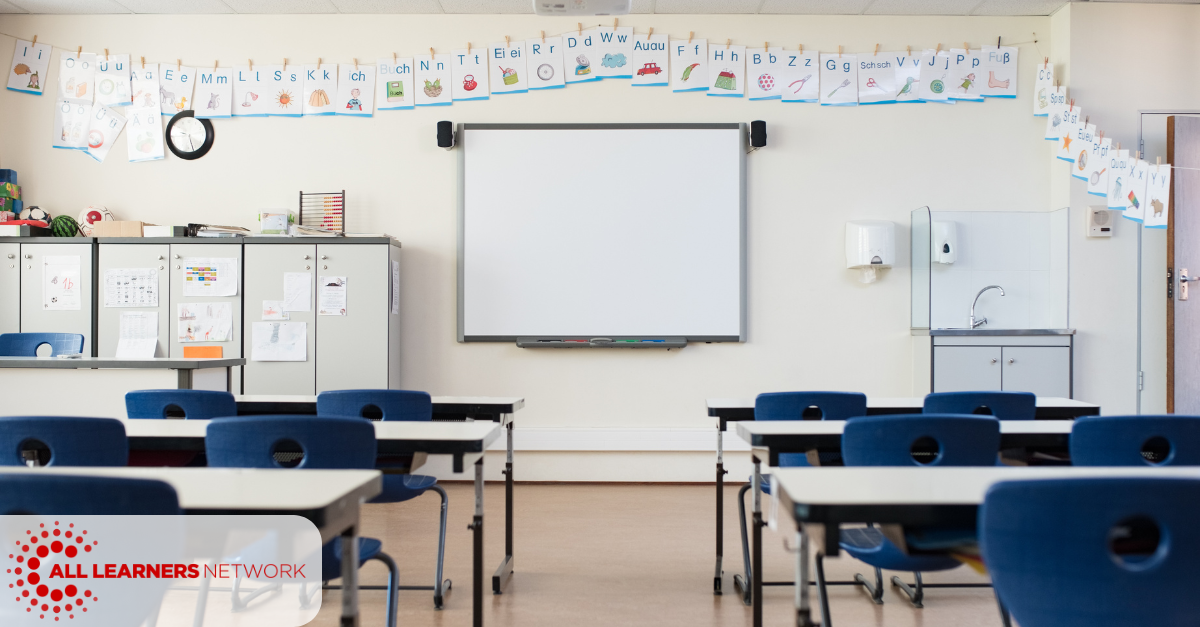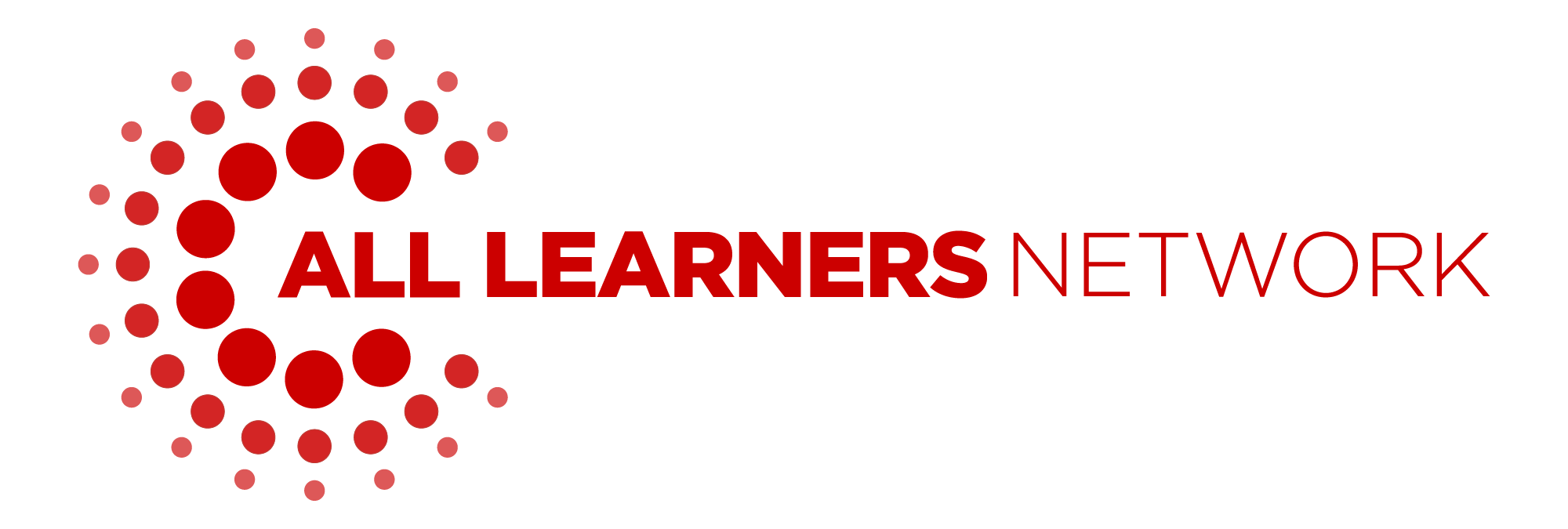
Cultivating Agency and Identity in Math for Students with Disabilities
Published: July 26, 2024
Many people are familiar with the David Yoder quote, “No student is too anything to learn to read and write.” What if that statement was expanded to include learning math? All Learners Network (ALN) deeply and passionately believes that all students can learn math. As educators, we need to believe in the competence of our students and know that all students are capable thinkers and doers of math. That is the entry point to cultivating their agency and identity as mathematicians.
High-quality, equitable mathematics instruction is relevant, meaningful, and a right for all students. It empowers all students to experience how math expands their real-world opportunities. Inclusive math instruction recognizes each student’s innate right to self-determination. Equity in mathematics targets access for all students while recognizing the value and contributions of individuals beyond identified gaps associated with deficit models of education.
We have the power to make the mathematics classroom a more successful learning environment for all students, rather than attempting to fix a child based on their identified disability, diagnosis, or skills gap. At ALN we create instruction based on the strengths of the students we work with. We know that an asset approach to instruction will lead to optimum growth for all students. Equitable instructional practices should reflect that every student is capable of contributing and building meaningful relationships in the school community while growing their identity as a learner of mathematics.
In the Teaching for Robust Understanding framework (TRU), student agency and identity are highlighted as one of the five dimensions of a powerful classroom. The TRU framework advocates for the development of positive identities of all students as thinkers and learners. These beliefs are consistent with the TIES Center's values for inclusive instruction. TIES Center upholds the value of each student as an individual, the benefits of a shared educational experience, and the importance of high expectations and collaboration regardless of disability. These beliefs and values inform how ALN approaches math education. We focus on inclusive instruction so that all students can build their math identity and agency through conceptual thinking and problem-solving.
Dr. Rachel Lambert has shown a marked difference in the research published about students with disabilities as being more focused on procedures and contrasted this approach with research on general education students that looks at conceptual thinking and problem-solving in mathematics. If the research focused on students with disabilities is different in design from the educational theories and approaches being published in general education journals, how can we truly know what is evidence-based practice and what approaches can improve all student outcomes? Teacher perceptions of student ability and expectations for what type of mathematics students should engage with may lead to less robust mathematics opportunities based on a lack of validated research on inclusive student populations.
Disability is an aspect of human diversity that enriches our society. How can we bring this belief into the math classroom? We can start with believing that every student can make sense of important mathematical concepts when given engaging, rich problems to solve. When we believe in the competence of every single student, we raise our expectations for learning and better support them in making meaning and use of mathematical concepts. This approach for students with disabilities will complement the larger conversations around diversity and equity in mathematics. As students are exposed to robust problems and tasks, their identity as a learner and agency as a doer of mathematics is developed, recognized and celebrated.
The All Learners Lesson Structure is an engaging teaching framework designed to ensure that all students can learn math with conceptual understanding. It is designed to provide differentiation while including every single student in the lesson. The four components of the structure (Launch, Main Lesson, Math Menu, Closure) provide a learning environment that supports the success of a diverse array of learners.
When ALN approaches teaching math so that all students can learn - we focus on engaging experiences for every student. We know that math class should be a place where every student participates in building their conceptual understanding and engages in mathematical conversations with all of their peers. Cultivating agency and identities in math for students with disabilities starts with making sure they know they are seen and valued as mathematicians.
Click here for the printable version.
What Now?
1. Review the All Learners Lesson Structure and learn more about how it connects to Multi-Tiered Systems of Support (MTSS).
2. Purchase a membership to All Learners Online (ALO) to have access to over 2000 free resources and self-paced courses like: Specialized Math Instruction, Writing Effective IEP Goals, and more!
3. Bring All Learners Network (ALN) into your school or district for a Math Game Night or embedded professional development.

All Learners Network is committed to a new type of math instruction. We focus on supporting pedagogy so that all students can access quality math instruction. We do this through our online platform, free resources, events, and embedded professional development. Learn more about how we work with schools and districts here.



%20(28).png?width=352&name=Hero%20Images%20(WebsiteBlogEmails)%20(28).png)

.png?width=352&name=ALN%20Hero%20Images%20(26).png)